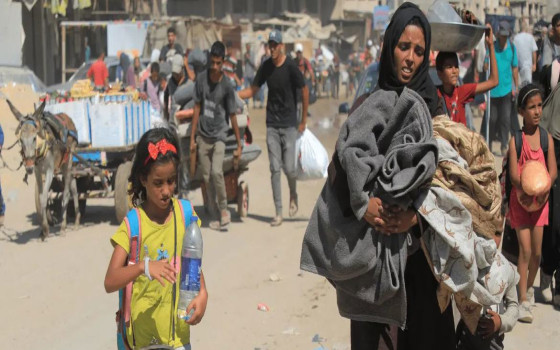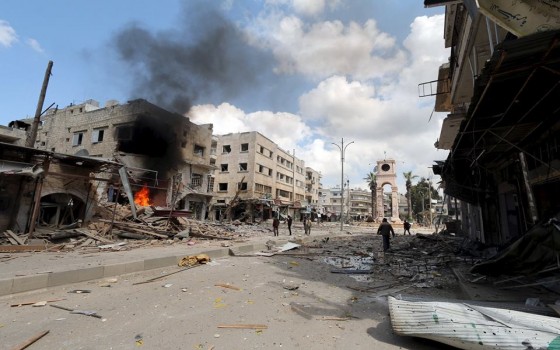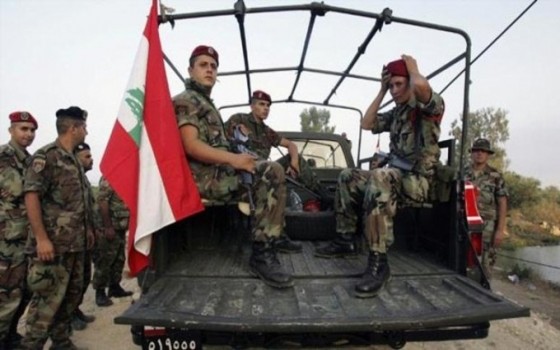
The killing and genocide of Palestinians continues amid global silence. The war has wiped out entire families, and there are warnings of forced displacement and risks to mental and physical health.

- Europe and Arabs
- Sunday , 20 July 2025 12:21 PM GMT
Gaza - New York: Europe and the Arabs
The Gaza war has claimed the lives of thousands and wiped out entire families. As disease spreads, poverty deepens, mass displacement expands, and healthcare and social service systems deteriorate, tensions within families are escalating at an alarming rate. This dire reality opens the door to an alarming increase in domestic violence, exploitation, and sexual assault. Amid the devastating effects of hunger, many families are forced to resort to child labor and forced marriage in a desperate attempt to cope with the harsh reality. According to the UN's daily news bulletin, "Suhair works in a safe space for women and girls in the Deir al-Balah governorate in central Gaza. Suhair recounts her experience to the United Nations Population Fund, saying, "We have witnessed a sharp increase in the number of survivors seeking assistance. We work under extremely difficult conditions, including repeated incursions. There aren't enough safe spaces for women and their children.
Repeated forced displacement, movement restrictions, and prolonged fuel and electricity outages have made it more difficult to assist the most vulnerable. Suhair added, "We provide our services by phone because survivors cannot access safe spaces."
Mental and Physical Health Risks
Safe spaces provide not only shelter but also psychological support and coping mechanisms to help manage the growing mental health crisis.
"Women have suffered tremendous losses, including the death or imprisonment of their relatives," Ibtisam, 58, told UNFPA. Searching for water, living without any privacy, and the constant worry is exhausting.
With more than 714,000 people—a third of Gaza's population—forced to flee again over the past three months, families have been torn apart, and the local support structures they once relied on have collapsed.
Women and girls, in particular, describe feeling fearful on the streets, at aid distribution points, and in overcrowded, temporary shelters that lack privacy, sanitation, or minimal security.
“The repeated displacement has led to deep instability and insecurity,” said Amal, who works at a UNFPA-supported women's affairs center in Bureij refugee camp. “The airstrikes never stop.”
A mother of three, who has been displaced four times and lost ten family members when her home was bombed, said, “Despite the intense pain and loss, I have continued to work, providing psychological support to women to alleviate their suffering.” As a working woman, I face the additional burden of trying to balance the demands of my family and my responsibilities outside the home—something that has become increasingly difficult under the weight of war.
Reaching the Most Vulnerable
Four months after Israel blocked humanitarian aid from entering Gaza, almost all displacement sites reported people sleeping rough, without any means of protection. Safe space workers heard many heartbreaking testimonies, but these accounts remain significantly underreported, largely due to stigma, fear of reprisals, and a lack of information about available services.
With the collapse of health, social, and justice systems, many survivors are unable to report abuse or seek care, exacerbating their trauma and fostering impunity for abusers.
Asma, who works in a UNFPA-supported safe space in northern Gaza, said, “One of the most important aspects of my work is enabling people with disabilities to access health and other services.”
With severe movement restrictions, disrupted communications networks, and increased security risks, survivors with disabilities—who already face Increasing barriers to accessing support - more isolated and invisible amid the collapse of protection systems.
"Despite all the difficulties, I continue to support women and girls affected by violence," said Asma, who has been forced to move ten times since the war began. "I feel deep empathy for every case I support. I fully understand the pain of need, hunger, and repeated displacement."












No Comments Found